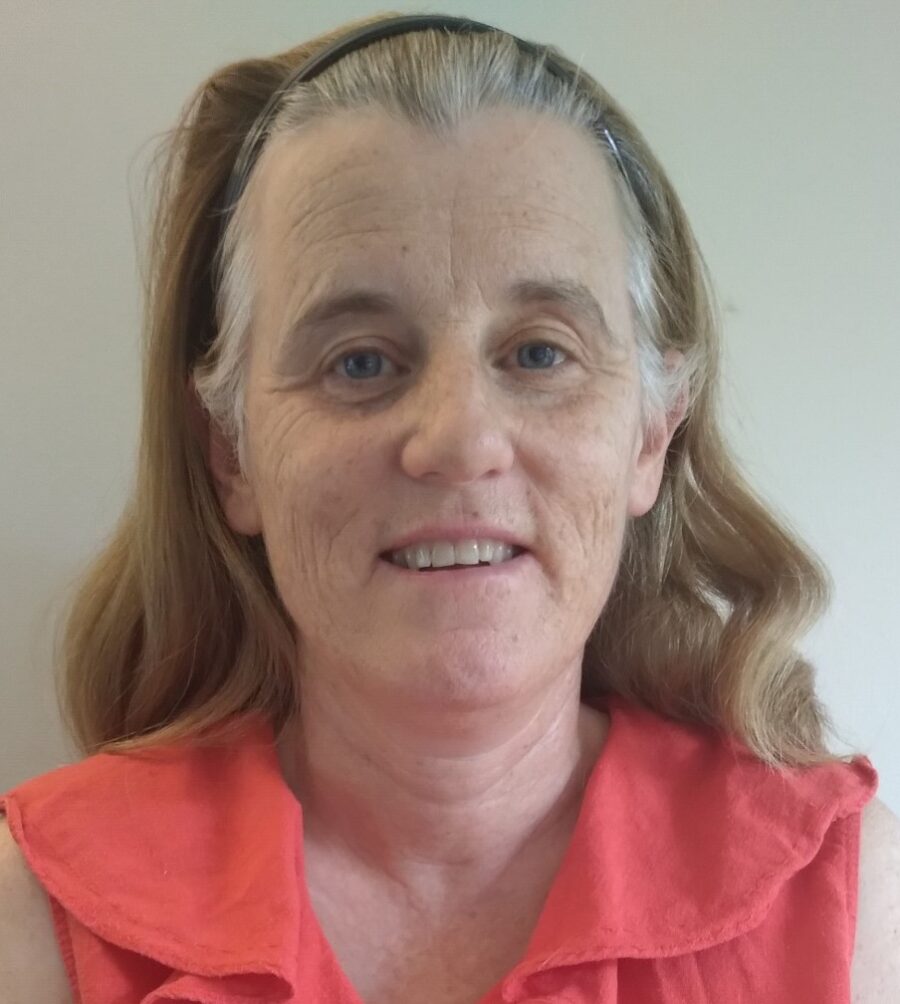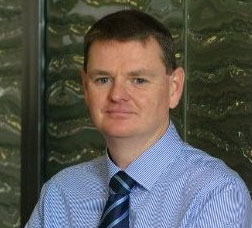
4 August 2021
The Battery Storage and Grid Integration Program at the Australian National University, along with project partners Southcoast Health and Sustainability Alliance, network operator Essential Energy, and technology company Zepben, are delighted by news of successful project funding under the Regional and Remote Communities Reliability Fund (RRCRF) – microgrids 2020-21.
The Hon Angus Taylor MP, Minister for Energy and Emissions Reduction announced on 27 July 2021 that the Government will be committing $25.6 million to back 20 microgrid feasibility studies under Round Two of the Regional and Remote Communities Reliability Fund.
The Southcoast Microgrid Reliability Feasibility (SµRF) project will engage NSW South Coast Eurobodalla residents, businesses, and Essential Energy in planning the transition from a bushfire exposed grid to a resilient grid of islandable microgrids.
The project partners will receive $3.125M in funding over three years under the RRCRF to:
- conduct community-led design of future energy systems, quantifying the value of reliability;
- model the operation of eight microgrids across the region using high-resolution monitoring data and develop a holistic assessment of implementation costs; and
- explore business models and regulatory innovations to improve feasibility implementation.
“As climate change increases the frequency and intensity of natural disasters, it’s ever more critical to bolster the resilience of regional community’s power supplies. In this project we are exploring how microgrids – which pool energy generation and storage systems to maintain the power supply of a community when disconnected from the national grid – can best be deployed on the South Coast,” says Dr Bjorn Sturmberg, a Research Leader in the ANU Battery Storage and Grid Integration Program.
Dr Hedda Ransan-Cooper is Social Research Leader within the Program and is keenly interested in ensuring that communities understand the options available to them for a more resilient grid.
“There’s a lot of opportunities, but also risks with devolving responsibility of managing energy at the local scale. Our study will identify any missing capacities and capabilities to ensure that communities and relevant agencies are equipped with the social and governance infrastructure to manage microgrids. We know it’s not just the technology we have to get right, but the social and policy dimensions too,” says Dr Ransan-Cooper.
“A project of this ambition relies on great partners and an interdisciplinary research team. We are delighted to be working with the Southcoast Health and Sustainability Alliance and their network of local partners, as well as local network operator Essential Energy, and technology company Zepben, to model what this future system might look like, and how it might be operated” says Program Chief Operating Officer Heather Logie.
Outputs of the three-year collaborative project will include business cases and implementation plans for each site and learnings for regional communities.



